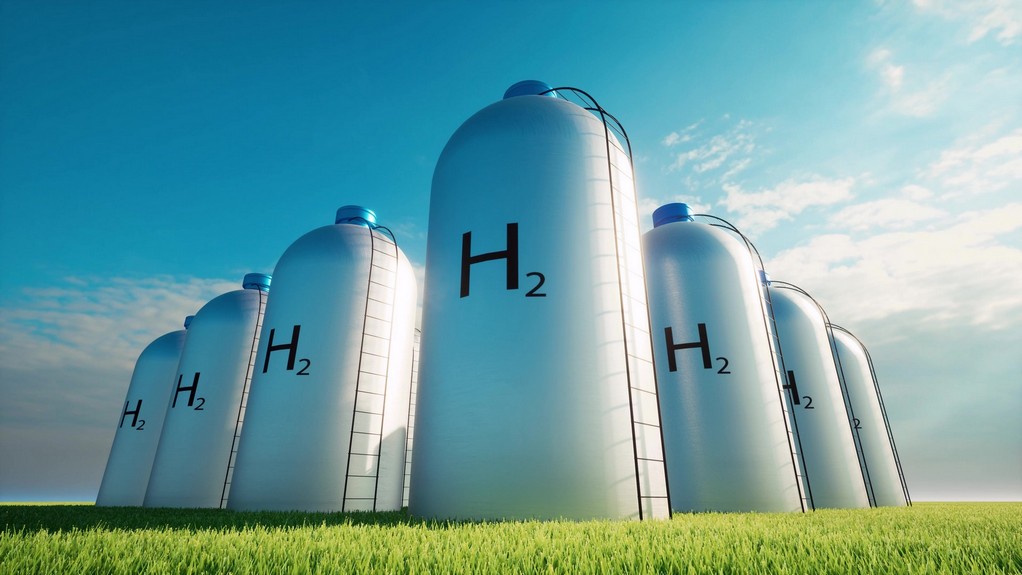Vattenfall has decided to cancel the Hydrogen Turbine 1 (HT1) project offshore Aberdeen, Scotland, almost two years after the firm began developing it. However, the project helped enable the creation of a regulatory and consenting regime for offshore hydrogen transportation and storage in the UK, according to the Swedish company.
The HT1 project was designed around Vattenfall’s 97 MW Aberdeen offshore wind farm, also known as the European Offshore Wind Deployment Centre (EOWDC).
The Hydrogen Turbine 1 (HT1) project was said to bring the world its first hydrogen-producing offshore wind turbine as it involved placing an electrolyser directly onto one of the eleven 8.8 MW operational turbines at Vattenfall’s offshore wind farm. The hydrogen at sea would be piped to shore at Aberdeen Harbor.
According to our previous news, HT1 would be able to produce enough hydrogen every day to power a hydrogen bus to travel 24,000 kilometres.
The developer planned to construct facilities including a pipeline and other specialist infrastructure next year, ahead of the first operation in 2025.
Part of the HT1 project was funded by the UK Department for Energy Security and Net Zero (DESNZ) through the Low Carbon Hydrogen Supply 2 funding programme.
Having tested the development phase for decentralised offshore hydrogen production, and in light of other industry advances, Vattenfall has now taken the decision to conclude the project, the company said. The findings are planned to be presented later in 2024.
Tags: Hydrogen, Turbine, Vettenfall



Recent Posts
Blue Marlin Becomes First Inland Cargo Vessel with Solar-Assisted Propulsion
ABB and Royal Caribbean Partner on 15-Year Deal to Drive Vessel Efficiency and Decarbonization
IET Establishes Centres of Excellence for Green Hydrogen and Electric Vehicle Research
SECI Cancels Green Hydrogen Hub Tender, Pauses Momentum on Flagship Mission
India Pushes Green Shipping and Sustainable Waterways in Northeast with ₹5,000 Crore Investment
Himachal Pradesh Plans Major Boost to Public Transport with E-Buses and Digital Upgrades
Ammonia-Fueled Container Feeder Design Marks Progress in Maritime Decarbonisation
ABS Develops Industry-Leading EV Battery Fire Simulation Modeling